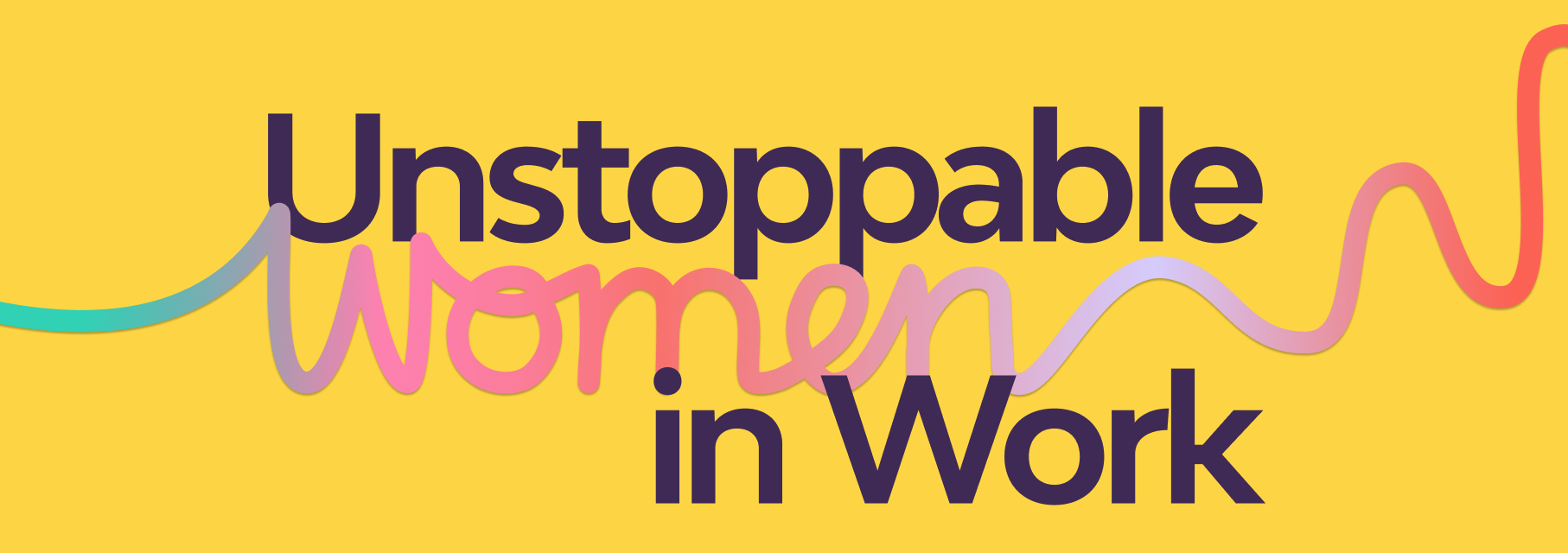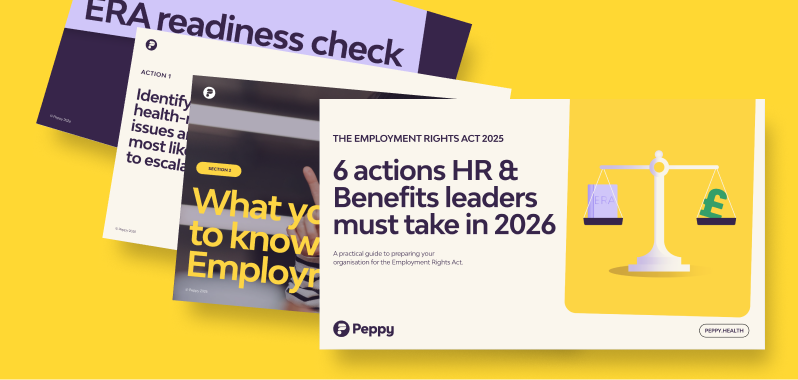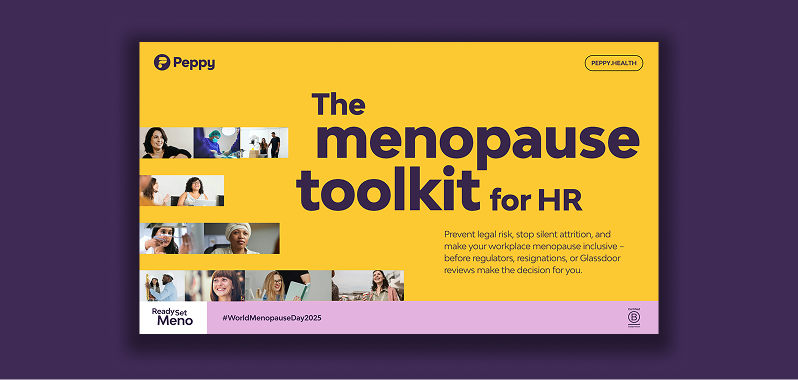Introduction
Every year, an unsettling statistic resounds across the UK – at least 1 in 4 pregnancies end in miscarriage. This striking number implies a significant portion of your workforce has, or will, experience this traumatic event. Our new research, conducted by Censuswide in partnership with the British Infertility Counselling Association and Fertility Matters At Work, with over 1000 employees, delves deep into the subject, bringing to light the scale of the issue as we explore in this article. This is Baby Loss Awareness Week, there's no better time for employers to address and provide the needed support for this heart-wrenching loss.
What our research is telling us about baby loss and its impact in your workplace
Despite being a prevalent issue, baby loss often remains shrouded in silence, hidden away. Employees are yearning for more understanding and empathy; with our research finding that a stark 37% did not feel they received adequate support, and a staggering 48% wished for more assistance from their employers. However, before support can be offered, a foundational shift in employer perceptions and attitudes must occur. Why? Because 1 in 5 individuals, who experienced baby loss and consequently took time off, kept their true reasons concealed from their employers. They were often driven by concerns such as fear of stigma (24%), anticipated negative reactions from the employer and colleagues (27%), or simply not knowing their rights and the type of support available (22%). With almost 1 in 5 sensing a general absence of understanding and empathy, it's clear there's an overarching taboo enveloping baby loss in workplaces. When employees can't freely communicate their experiences, employers face challenges in gauging the extent of the issue, let alone offering appropriate support. This is where confidential and easily accessible support services can play an important role.
The real impact on employees and employers
The aftermath of baby loss extends beyond immediate grief:- Time off: 41% of affected employees took over 6 days off, and 19% even more than 11 days. Notably, 29% would have returned to work sooner if they had received adequate support.
- Mental wellbeing: More than half (55%) stated that their mental health suffered as a result of their loss.
- Motivation and productivity: Productivity dwindles too, with 53% stating decreased motivation and attention at work. Almost a third (30%) revealed a direct hit to their productivity levels.
- Relationship with employer and career goals: An alarming 40% felt their loyalty to their employer had been negatively impacted, and nearly 1 in 3 contemplated resigning due to the perceived lack of support during such a trying time.
These figures indicate the far-reaching implications of not addressing baby loss, which can ripple through and impact workplace morale, loyalty, and overall productivity.
So, what can employers do to tackle baby loss?
Our research revealed the most appreciated and beneficial support forms for employees dealing with the impact of baby loss in the workplace include:- Paid time off (57%)
- Flexible work arrangements (48%)
- Remote access to emotional support or counselling (35%)
- 1:1 sessions with fertility and baby loss specialists (29%)
-1.png?width=600&height=450&name=Untitled%20design%20(8)-1.png)




